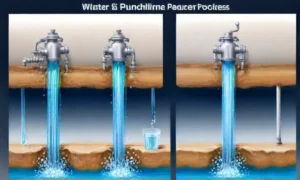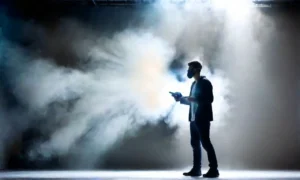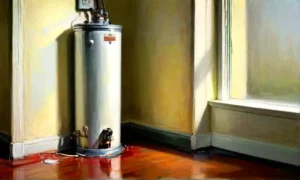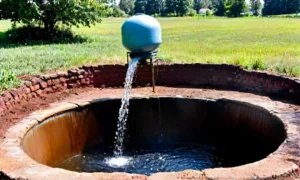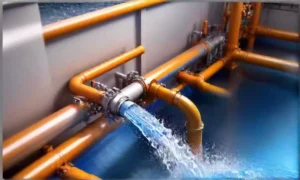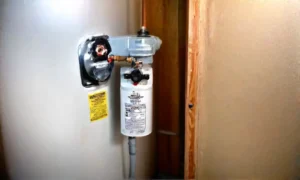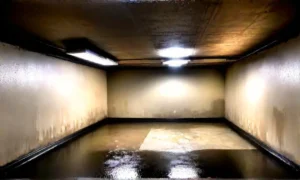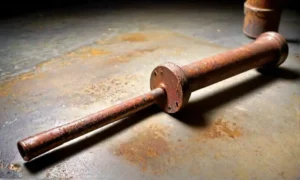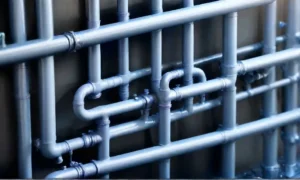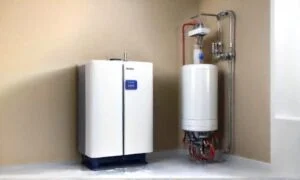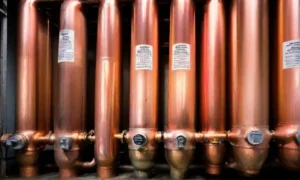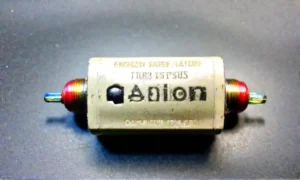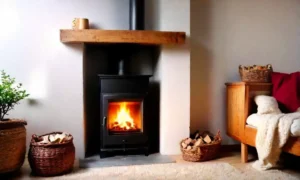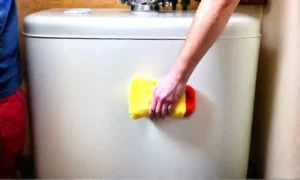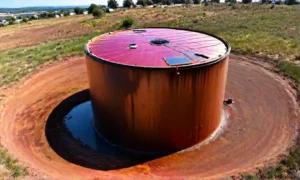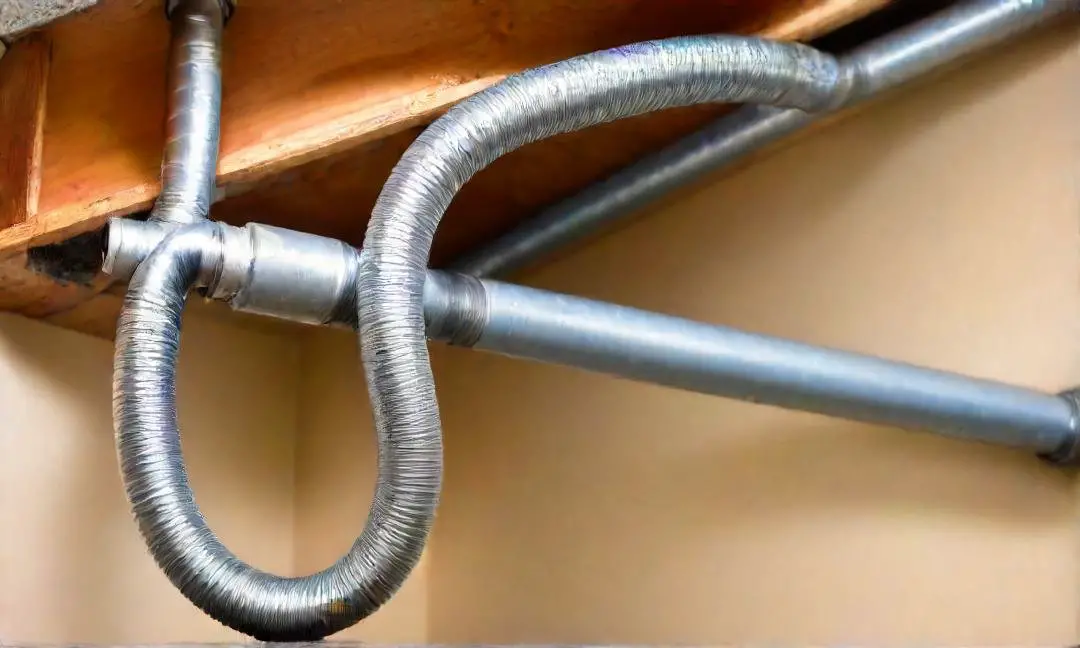
Hide those wires for a clean look
Why settle for an eyesore when you can easily conceal those unsightly wires in your mobile home? Say goodbye to clutter and hello to a sleek and tidy appearance by implementing wire hiding solutions.
Safety Upgrade: Protect wires from damage and prevent risks
Don’t compromise on safety relating to your mobile home hot water heater. Shielding your wires not only enhances the aesthetics but also ensures protection from potential damage, reducing the risk of accidents and malfunctions.
Learn the regulations for your mobile home
Stay informed and compliant with the necessary regulations governing wire conduit for mobile home hot water heaters. Absorbing the codes specific to your mobile home setup is crucial for a safe and efficient heating system.
Wire Conduit 101: Choosing the Right Fit
Flexible Metal Conduit (FMC): The Versatile Contender
Picture FMC as the chameleon of wire conduits, effortlessly adapting to various setups and configurations. Its flexibility isn’t just for show; it’s a practical choice for those tricky installations where rigidity just won’t cut it. Think of it as the acrobat in the circus of wire management, bending and twisting to meet your needs without breaking a sweat.
Liquidtight Flexible Metal Conduit (LFMC): Waterproofing Champ
LFMC is the superhero of wire protection, equipped with the power to keep water at bay. Whether you’re dealing with outdoor installations or high-moisture environments, LFMC has your back. It’s like having a trusty umbrella in a storm ?? reliable, sturdy, and unwavering in its commitment to shield your wires from the elements.
Electrical Non-Metallic Tubing (ENT): Indoor-Use, Easy to Install
ENT is the unsung hero of indoor wire management, quietly getting the job done with ease. If you’re looking for a straightforward solution for your indoor wiring needs, ENT is your best bet. It’s like the dependable sidekick in a buddy cop movie ?? unassuming but always there to support and make your life easier.
Conquering Conduit Installation: DIY Tips
Mapping the Route:
Begin your conduit installation journey by meticulously planning the route. Opt for the shortest and cleanest path to ensure efficient wire management and easy troubleshooting in the future. Visualize the trajectory like a skilled cartographer, mapping out the course with precision.
Sizing Matters:
When selecting a conduit for your mobile home hot water heater, remember that sizing matters significantly. Choose a conduit that snugly accommodates your wires, preventing any unnecessary movement or strain. Think of it as finding the perfect glove that fits just right, ensuring a seamless and secure installation process.
Securing Your Work:
As you commence on the installation process, prioritize the security of your work by utilizing proper straps and supports. Treat your conduit installation like a construction project, ensuring that every component is securely fastened and supported to withstand the test of time. Imagine your conduit as the backbone of your electrical system, requiring sturdy reinforcement to maintain its integrity.
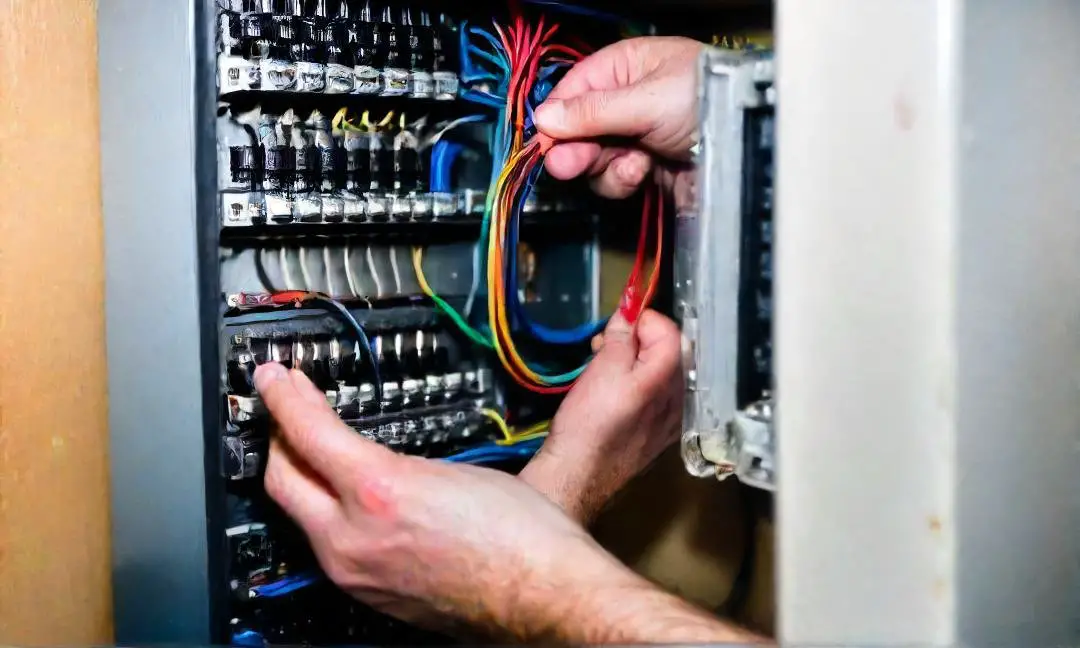
Tackling the Connections: Like a Wiring Champ
Preparing Your Heater: Pertaining to setting up your water heater, the first step is consulting the manufacturer guidelines. Think of it as following a recipe – you want to make sure you have all the right ingredients in place before you start cooking. By adhering to these guidelines, you’re laying a solid foundation for a smooth installation process.
Splicing Safely: Just like a skilled chef carefully combines different flavors to create a delicious dish, splicing wires requires attention to detail. Color-coding your wires is akin to using distinct ingredients in a recipe – it ensures that each component is in the right place. Remember, secure connections are the secret ingredient that holds everything together. Think of it as creating a sturdy structure for your electrical system.
Grounding for Safety: Imagine you’re building a house – you wouldn’t skip the foundation, would you? Similarly, touching on your water heater, following electrical codes is crucial for safety. Grounding your system is like securing the foundation of your home, providing stability and protection. By adhering strictly to these codes, you’re ensuring a safe environment for your water heater to operate efficiently.
Mobile Home Hot Water Heater Wiring: Unique Challenges
Space Constraints: Creative Conduit Routing Strategies
When tackling the wiring of a hot water heater in a mobile home, one of the primary challenges you’ll encounter is the limited space available for conduit placement. To overcome this hurdle, consider innovative routing techniques that maximize the use of available space without compromising safety or efficiency. Think outside the box and scrutinize unconventional pathways to ensure a seamless installation process.
Underbelly Exposure: Choose Durable Materials for Outdoor Sections
Another crucial aspect to address when wiring a hot water heater in a mobile home is the exposure of the underbelly to external elements. To safeguard the wiring against environmental factors, opt for high-quality and durable materials specifically designed for outdoor use. By selecting weather-resistant components, you can ensure the longevity and reliability of your hot water heater system, even in challenging conditions.
Pest Protection: Seal Any Entry Points Where Conduit Meets the Mobile Home
Protecting your hot water heater wiring from unwanted intruders, such as pests and critters, is essential for maintaining the functionality of your system. Be proactive in sealing any potential entry points where the conduit meets the mobile home structure. By implementing effective pest control measures and sealing off vulnerable areas, you can prevent disruptions and damage caused by unwelcome visitors.
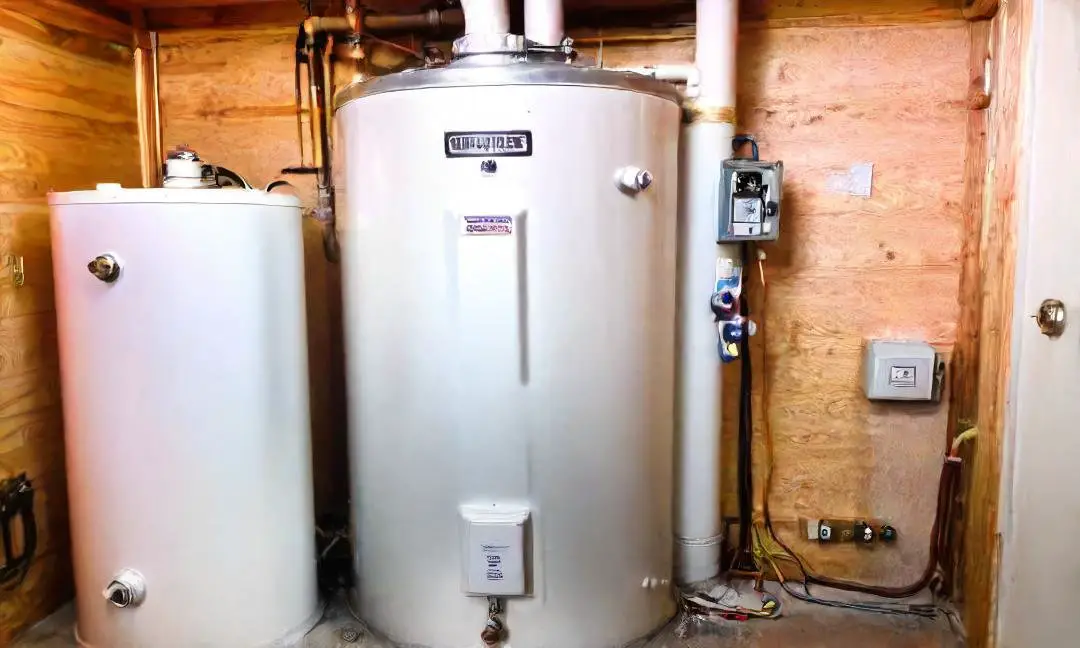
When to Call the Pros: Safety First
1. Major Rewiring: Complex jobs can require an electrician
When tackling intricate rewiring tasks, it’s wise to tap into the expertise of an electrician. These professionals possess the skills and knowledge needed to navigate the complexities of major rewiring projects, ensuring that your system operates efficiently and safely.
2. Code Compliance: A pro can ensure you’re up to code
Ensuring your electrical system complies with the necessary codes is crucial for the safety of your home. By enlisting the help of a professional, you can rest assured that your wiring meets all regulatory standards, minimizing the risk of potential hazards and ensuring a secure electrical setup.
3. Peace of Mind: Electrical work can be intimidating
Embarking on electrical work, especially in the realm of rewiring, can be overwhelming and daunting. Calling in a professional not only guarantees a job well done but also provides you with peace of mind, knowing that your electrical system is in expert hands.
